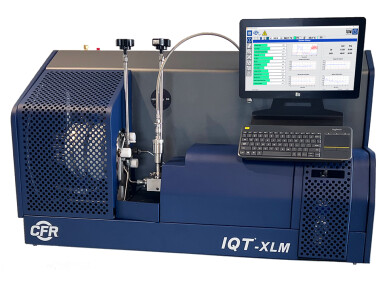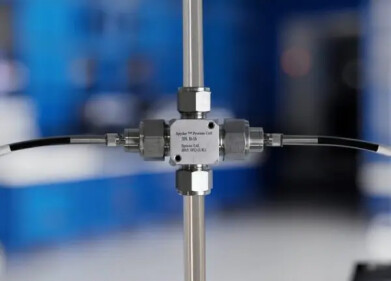Analytical Instrumentation
Will Ireland Follow Suit with the Petrol Ban?
Aug 25 2017
With its soaring cliffs and rolling green countryside, Ireland is famous for its natural beauty. But now, the State’s climate change watchdog is warning that the country needs to phase out diesel and petrol cars if it wants to maintain its eco-friendly reputation. The independent body has also urged Ireland to remove subsidies for peat-generated electricity. Together, the initiatives would work together to build a cleaner, greener nation.
A €6 billion sacrifice
According to the Climate Change Advisory Council, the government needs to pull the trigger on an immediate phase out of diesel and petrol vehicles, on the condition that it informs its citizens of the costs involved in the change. It’s also warned that while the government could lose up to €6 billion in revenue if electric cars become the norm, it’s a loss that needs to be endured.
Instead of income from petrol tax the government will need to generate cash from sources like tax on climate friendly vehicles. Chairman of the advisory council Professor John FitzGerald maintains that drivers need to be “prepared” and informed that while going electric will be cheaper, it won’t be free. He has also admitted that congestion charges could be an option, commenting “the council had not considered congestion charges but this would seem to be the way to go.”
Phasing out “dirty” vehicles
So what’s on the cards? FitzGerald is pushing for a “phase-out of the internal combustion engine in private transport” but backed it with a warning that there’s no point in pushing electric cars if they’re run on “dirty” or fossil-fuelled power. This includes electricity sourced from coal-fired generating stations.
The calls follow a recent announcement from Britain which will see it end the production of petrol and diesel cars from 2040. France has also made a similar declaration, pledging to clean up its act and its air.
Targeting cows and the climate
Fronted by a team of 11 experts, the Climate Change Advisory Council has also targeted Ireland’s agricultural industry. It contributes to 32% of the nation’s methane and nitrous oxide emissions, with FitzGerald stressing that the industry is long overdue for reform. That said, he has offered farmers and their belching cows reprieve, explaining that until the link between cattle and climate is scientifically proven the council will “not be making a specific recommendation.” He goes on to say that there will likely be “easy wins for agriculture” such as a simple change of fertiliser.
As well as cleaning up its agriculture industry Ireland is also homing in on aviation emissions. Though unfortunately, due to a high freezing point and poor oxidative stability biodiesel is unsafe for use in aviation engines. For a closer look at how engineers are managing contamination, ‘IP-585 – Determination of fatty acid methyl esters (FAME) from bio-diesel in aviation turbine fuel’ spotlights the IP-585(1) GC/MS selective ion monitoring/scan detection method developed by the Energy Institute.
Digital Edition
PIN 25.5 Oct/Nov 2024
November 2024
Analytical Instrumentation - Picturing Viscosity – How Can a Viscometer or a Rheometer Benefit You? - Sustainable Grease Formulations: Evaluating Key Performance Parameters and Testing Method...
View all digital editions
Events
Dec 03 2024 Dusseldorf, Germany
Dec 08 2024 Anaheim, CA, USA
Turkey & Black Sea Oil and Gas
Dec 11 2024 Istanbul, Turkey
Dec 19 2024 Aurangabad, India
Jan 20 2025 San Diego, CA, USA



















